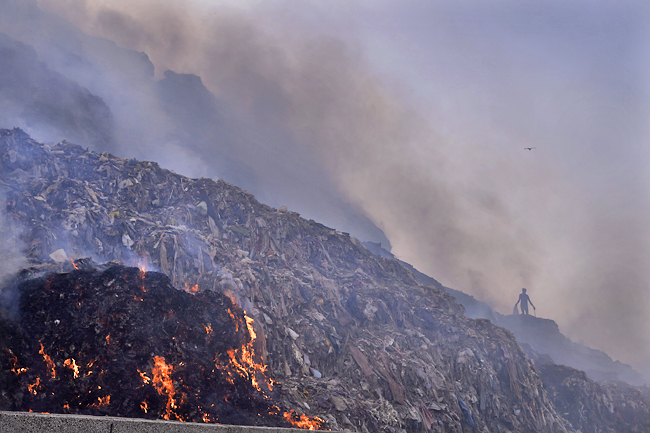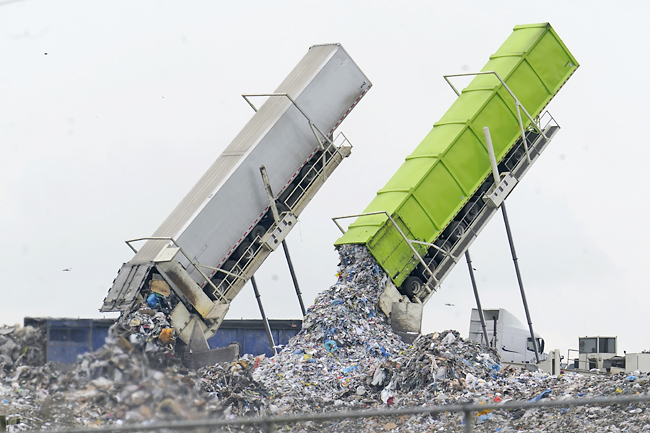NAIROBI (AP) – The world wasted an estimated 19 per cent of the food produced globally in 2022, or about 1.05 billion metric tonnes, according to a new United Nations (UN) report.
The UN Environment Programme’s (UNEP) Food Waste Index Report, published on Wednesday, tracks the progress of countries to halve food waste by 2030. The UN said the number of countries reporting for the index nearly doubled from the first report in 2021.
The 2021 report estimated that 17 per cent of the food produced globally in 2019, or 931 million metric tonnes (1.03 billion tonnes), was wasted, but authors warned against direct comparisons because of the lack of sufficient data from many countries.
The report is co-authored by UNEP and Waste and Resources Action Programme (WRAP), an international charity. Researchers analysed country data on households, food service and retailers. They found that each person wastes about 79 kilogrammes of food annually, equal to at least one billion meals wasted worldwide daily. Most of the waste, 60 per cent came in households. About 28 per cent came from food service, or restaurants, with about 12 per cents from retailers.
“It is a travesty,” said co-author Clementine O’Connor, the focal point for food waste at UNEP. “It doesn’t make any sense, and it is a complicated problem, but through collaboration and systemic action, it is one that can be tackled.”
The report comes at a time when 783 million people around the world face chronic hunger and many places facing deepening food crises.
Food waste is also a global concern because of the environmental toll of production, including the land and water required to raise crops and animals and the greenhouse gas emissions it produces, including methane, a powerful gas that has accounted for about 30 per cent of global warming since pre-industrial times.
Fadila Jumare, Nigeria-based project associate at Busara Center for Behavioral Economics, who has studied prevention of food waste in Kenya and Nigeria, said the problem further disadvantages many people who are already food insecure and cannot afford healthy diets.
Food loss and waste generates eight to 10 per cent of global greenhouse gas emissions. If it were a country, it would rank third after China and the United States.
“For humanity, food waste means that less food is available to the poorest population,” said Jumare, who wasn’t involved in the report. Brian Roe, Food waste researcher at Ohio State University who also wasn’t involved with the report, said the index is important to tackling food waste.
“The key takeaway is that reducing the amount of food that is wasted is an avenue that can lead to many desirable outcomes, resource conservation, fewer environmental damages, greater food security, and more land for uses other than as landfills and food production,” said Roe.










